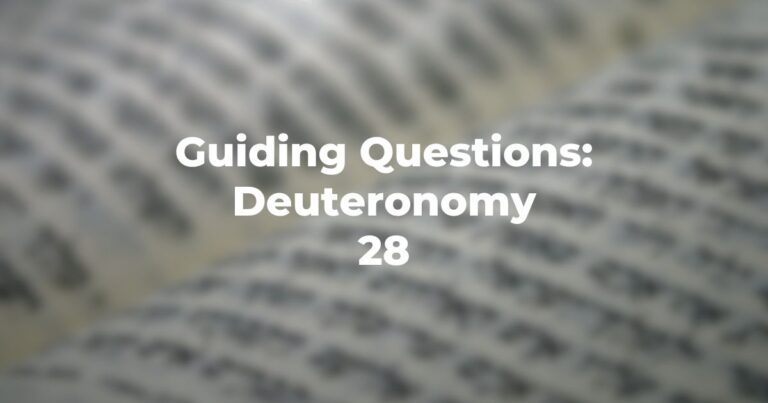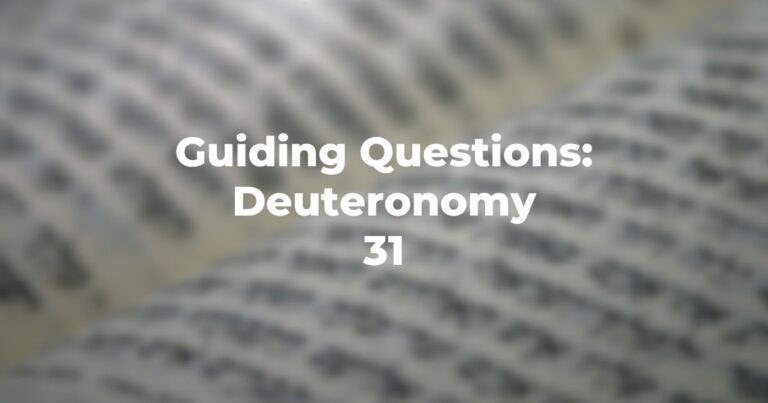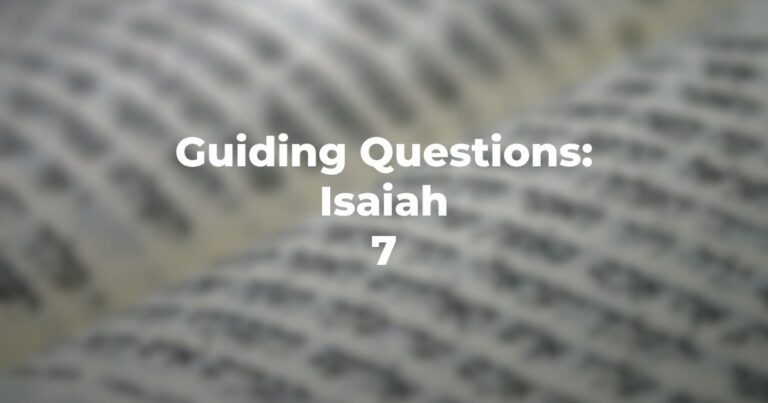- The JPS translation transposes the Hebrew; however, could it not be read “I love it when God hears me” — and how would this scan with the same verb usage in Psalms 116:3 where the verb is positioned in the same manner?
- From Psalms 116:1-4 does it appear that the composer of this Psalm is currently in trouble or has escaped trouble?
- Is God, in Psalms 116:5-7, projected primarily as all powerful or as all concerned (or both)?
- In Psalms 116:9 what is the meaning of the phrase “in the lands of the living”?
- How does Psalms 116:11 place itself in this overall Psalm?
- In Psalms 116:13 appears a phrase which is part of the Havdalah service each Shabbat night; why would it appear to be pertinent for Havdalah?
- In Psalms 116:15 the translation is that the word “yakar” is rendered “grievous”; the word, literally, means “dear or precious”; could this phrase, then, refer to the “virtue” of martyrdom?
- Who, then, is your “maidservant”; and who has been “unbound”; is this any individual whose mother is devoted to God and whose child may have encountered difficulty?
- In Psalms 116:19 reference is made to “the House of God” and its location; is this, then, the Temple?
Author
-

Exploring Judaism is the digital home for Conservative/Masorti Judaism, embracing the beauty and complexity of Judaism, and our personal search for meaning, learning, and connecting. Our goal is to create content based on three core framing: Meaning-Making (Why?), Practical Living (How?), and Explainers (What?).
View all posts




